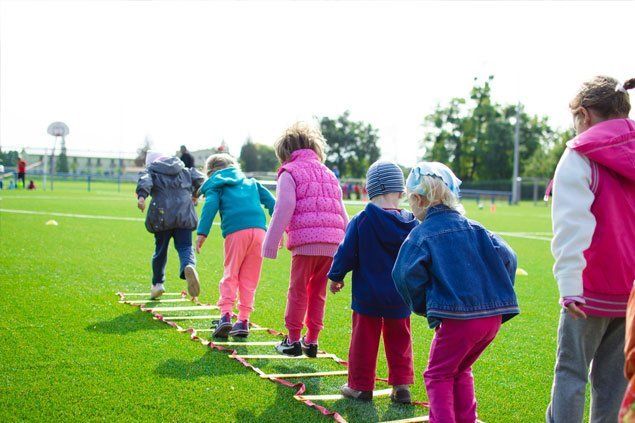What Kids Learn From Fundraising
Over the year,
Creative Childcare
has participated in several fundraising events for a wide range of different causes. Some of these events are well know causes such as Red Nose Day, Jeans for Genes Day and National Bandanna Day etc, while some are put in place to both assist in raising funds and to follow interests of children, such as Superhero Day, RSPCA events and Talk Like a Pirate Day.
Other events
are planned for that are close to our family’s, children’s and educator’s hearts; as we believe that fundraising for smaller causes and important matters are just as significant as the larger fundraisers, and we are very passionate about doing what we can to assist those in need.
While these events are supportive and beneficial for all of these wonderful causes and families in need, there are benefits for our young children also being involved in them. Participating in events that supports the wider community assists children in actively understanding the role that they can play within in it. It enables them to understand how their actions and participation can support others through hard times, while it also broadens their perspective on the challenges and diversity that other children and families may be living with. It also contributes to their moral judgement and provides a better understanding of being a responsible citizen of the community.
Part of the planning process for a fundraiser is coming up with clear goals. When you integrate children into the planning process, they can see not only how goals come into being, but how you plan to meet those goal, while it also assists them in being committed to the cause. This can also assist children in other areas and enables them to understand the process behind organising and putting it into play, until the end outcome is achieved.
Fundraising gives children a sense of empowerment. Children do not often have the monetary resources available to them to bring about change, but through fundraising, they can acquire the monetary means necessary to begin the process of change. They see first hand that they have the ability to make a positive change in their communities.


